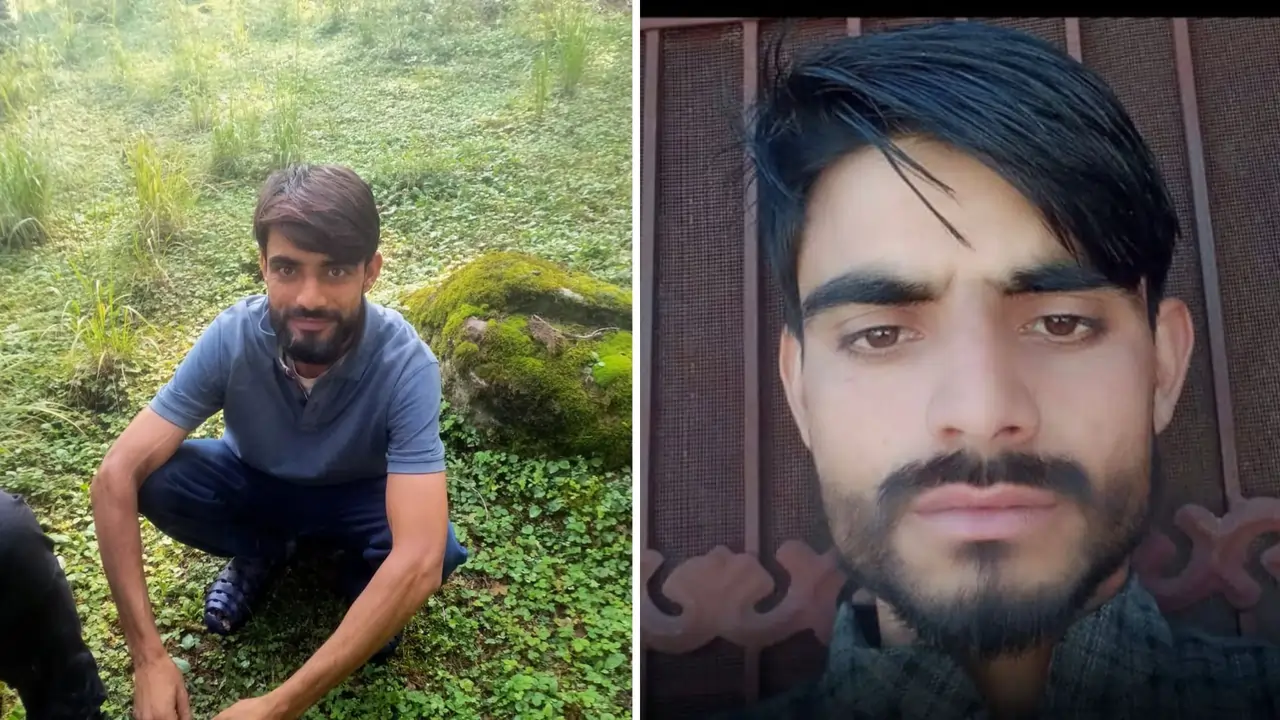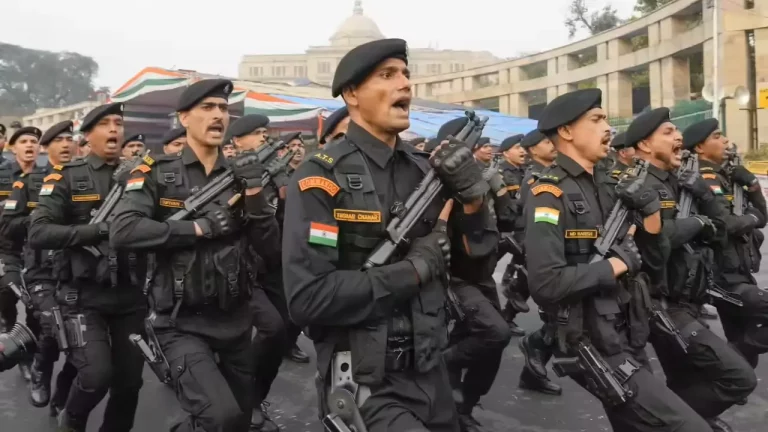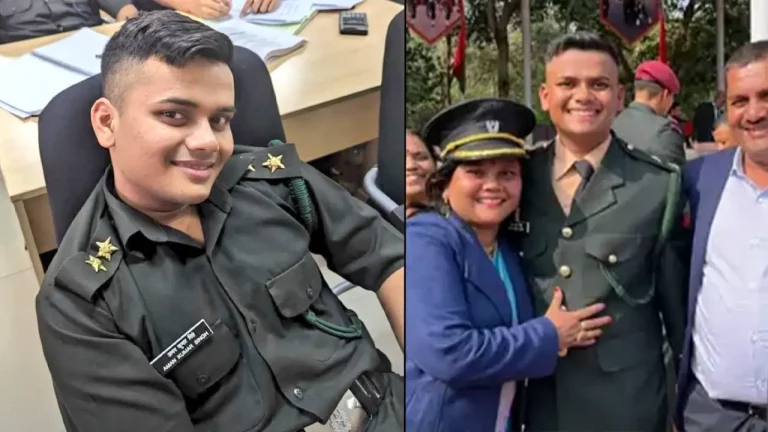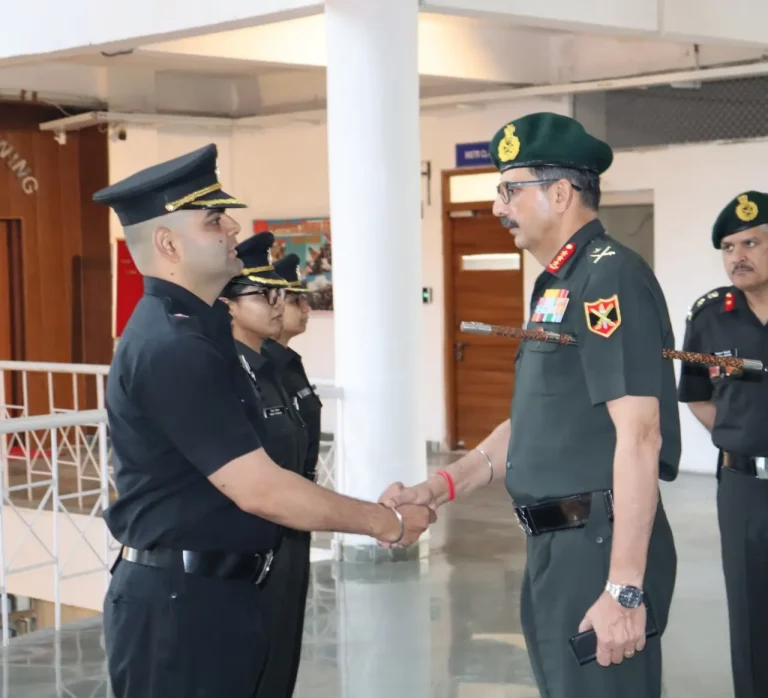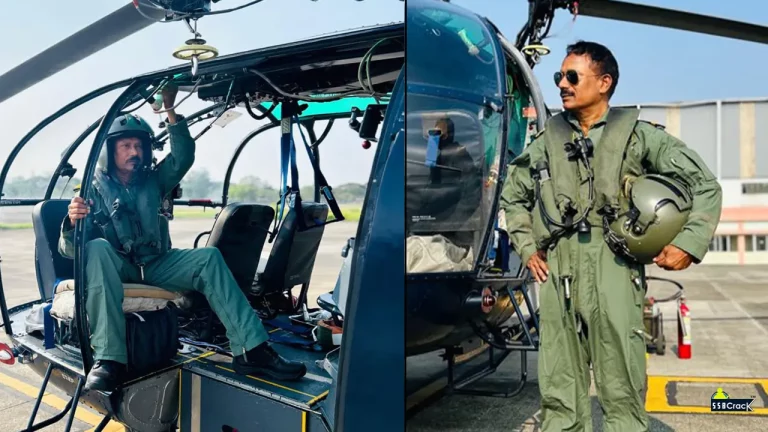In a significant development, police in Jammu and Kashmir have apprehended a man accused of providing logistical support to the terrorists involved in the deadly Pahalgam attack on April 22, which resulted in the deaths of 26 individuals in the Baisaran Valley.
The suspect, identified as Mohammad Kataria, was arrested following forensic analyses that linked weaponry seized during Operation Mahadev in July to the tragic incident. Security forces had previously neutralized three gunmen in the operation, among whom was the alleged mastermind, Suleiman Shah, also known as Hashim Musa. The attack was claimed by a faction of the Pakistan-based terror group Lashkar-e-Taiba (LeT).
According to police sources, Kataria was instrumental in organizing logistics and local support for the attackers, playing a vital role in facilitating the assault. He is expected to be presented in court and will face judicial custody.
The arrest of Kataria comes after the initiation of Operation Mahadev, which began in May in response to intelligence reports indicating that terrorists were hiding in the Dachigam forest near Srinagar. Security forces were vigilant, employing intercepted encrypted communications relayed through China-made devices to track the militants.
On July 28, after extensive surveillance and multiple drone-assisted confirmations, the Rashtriya Rifles and Special Forces commandos managed to corner and eliminate the terrorist group. By that evening, the operation concluded with all three militants, including Hashim Musa, neutralized.
Forensic tests conducted in Chandigarh later confirmed that the firearms recovered during the operation had been used in the Pahalgam attack. Union Home Minister Amit Shah previously informed Parliament that ballistic analyses matched the empty bullet casings from the rifles to those found at the Pahalgam crime scene, confirming their use in the murder of innocent civilians.
Officials have characterized Kataria’s arrest as a pivotal action in efforts to dismantle the broader terror network responsible for the Pahalgam massacre. They emphasized that this breakthrough highlights the critical nature of synchronized surveillance, forensic investigations, and collaborative counter-terror operations in Jammu and Kashmir.
